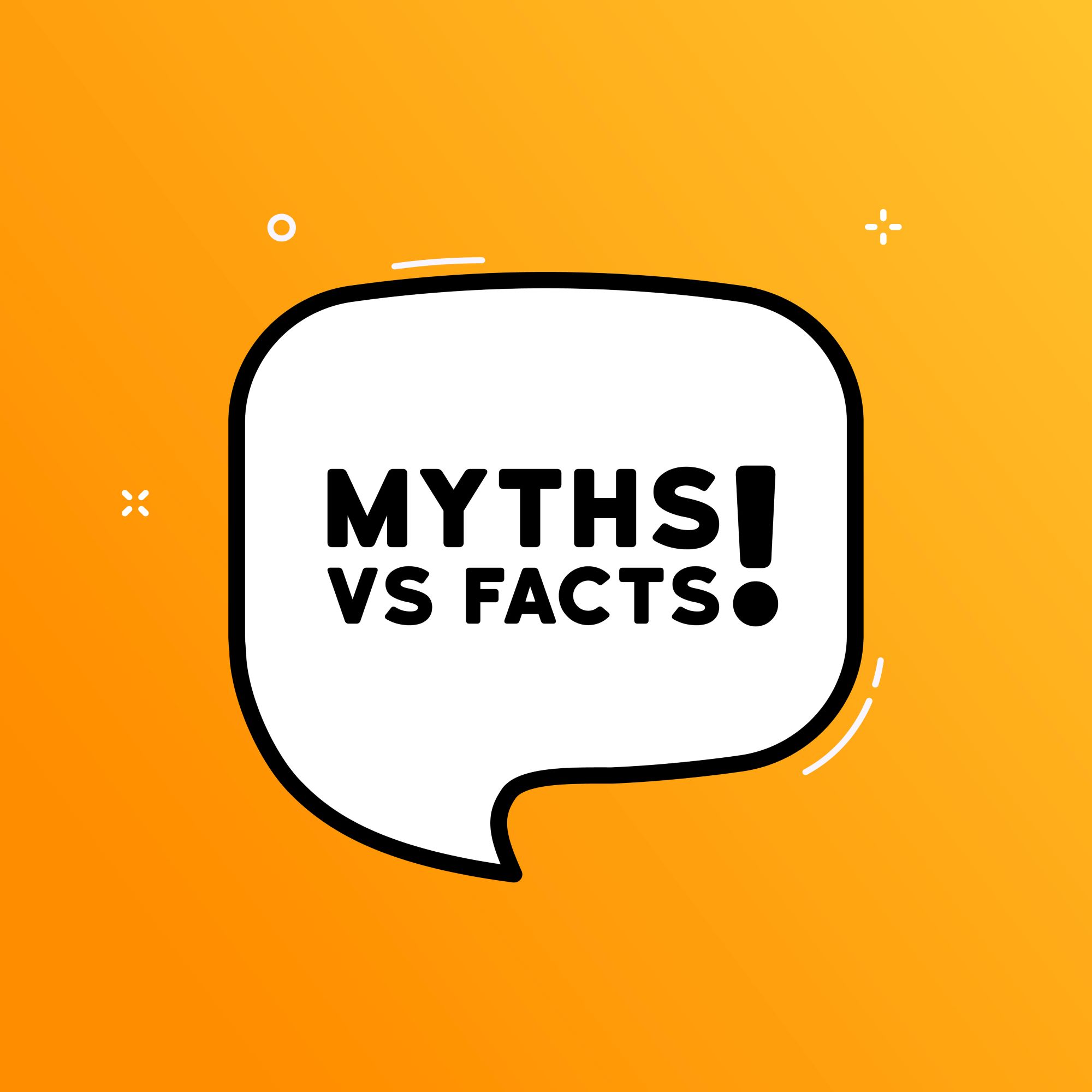Myth #1: Plant-Based Diets Don’t Provide Enough Protein
One of the most persistent myths about plant-based diets is that they lack sufficient protein. However, this couldn’t be further from the truth. Many plant-based foods are rich in protein, including legumes, tofu, tempeh, seitan, quinoa, and even vegetables like spinach and broccoli.
Previous research indicated that amino acid absorption from plant-based proteins might be slightly less efficient than from animal-based proteins. However, these concerns primarily stemmed from animal studies and involved raw legumes and grains.
Current evidence demonstrates that amino acid absorption from a plant-only diet is essentially comparable to that from a diet including animal foods. The 2009 American Dietetic Association’s Position Paper on Vegetarian Diets stated that individuals on plant-only diets typically exceed the Recommended Dietary Allowance (RDA) for protein, provided they meet their caloric needs.
However, it does require some planning. In many European food cultures, meat and animal products are the primary protein sources, so when replacing them, it’s important to choose protein-rich plant foods rather than just any vegetable or a basic salad.
Myth #2: Plant-Based Diets Are Too Expensive
While it’s true that some specialty vegan products can be pricey, a well-planned plant-based diet can actually be very budget-friendly.
Staples like beans, lentils, rice, oats, and seasonal vegetables are often cheaper than meat and processed foods. Focusing on whole, unprocessed ingredients and buying in bulk helps you can enjoy a nutritious and affordable plant-based diet that won’t break the bank.
Myth #3: Plant-Based Diets Are Boring and Bland
Many people believe that plant-based diets are dull and lack flavor. It all depends on how you want to eat and present them. Plant-based diets offer an incredible variety of flavors, textures, and cuisines from around the world.
From hearty lentil stews and spicy curries to fresh salads and indulgent vegan desserts, there’s no shortage of delicious plant-based meals. With an abundance of herbs, spices, and creative cooking techniques, plant-based dishes can be just as exciting and satisfying as their meat-based counterparts.
Myth #4: Plant-Based Diets Are Difficult to Maintain
The growing availability of plant-based options in supermarkets and restaurants make it so much easier for vegan and vegetarians to follow a plant-based lifestyle. Planning ahead and exploring new recipes can make the transition smoother and more enjoyable. With the right support and resources, anyone can successfully maintain a plant-based diet without feeling deprived or overwhelmed.
Myth #5: Plant-Based Diets Lack Variety and Options
Some believe that plant-based diets are limited in variety and options compared to omnivorous diets. However, plant-based eating actually opens up a world of culinary diversity.
With a wide array of fruits, vegetables, grains, legumes, nuts, seeds, and plant-based alternatives, there are endless possibilities for creating flavorful and satisfying meals. From Mediterranean-inspired dishes to Asian stir-fries, Mexican tacos, and beyond, plant-based diets offer a rich tapestry of flavors and textures that can appeal to diverse palates and cultural preferences.
Myth #6: Plant-Based Diets Are Difficult to Get Enough Omega-3 Fatty Acids
Plant-derived omega-3s primarily come in the form of alpha-linolenic acid (ALA), which is the essential omega-3 fatty acid our bodies cannot produce on their own and must obtain through diet. ALA is converted by the body into longer-chain omega-3 fatty acids such as docosahexaenoic acid (DHA) and eicosapentaenoic acid (EPA), which are crucial for brain health.
While fish are known for containing DHA and EPA, individuals following plant-based diets are not necessarily deficient in these longer-chain omega-3s. Research from the European Prospective Investigation into Cancer and Nutrition (EPIC) Study found that women following vegan diets actually had higher levels of long-chain omega-3 fats in their blood compared to fish eaters, meat eaters, and ovo-lacto-vegetarians.
Despite consuming no direct sources of EPA and DHA and lower levels of the plant-based ALA, vegan participants efficiently converted significant amounts of shorter-chain fatty acids into these longer-chain forms, outperforming fish eaters in this conversion process.
This article was written for WHN by Andre Oentoro who is the SEO consultant of DPS Power, a genset distributor.
As with anything you read on the internet, this article should not be construed as medical advice; please talk to your doctor or primary care provider before changing your wellness routine. WHN does not agree or disagree with any of the materials posted. This article is not intended to provide a medical diagnosis, recommendation, treatment, or endorsement. These statements have not been evaluated by the Food and Drug Administration.
Opinion Disclaimer: The views and opinions expressed in this article are those of the author and do not necessarily reflect the official policy of WHN/A4M. Any content provided by guest authors is of their own opinion and is not intended to malign any religion, ethnic group, club, organization, company, individual, or anyone or anything.
Content may be edited for style and length.
References/Sources/Materials provided by:
https://www.ncbi.nlm.nih.gov/pmc/articles/PMC6893534/
https://www.andeal.org/vault/2440/web/JADA_VEG.pdf
https://www.aicr.org/resources/blog/how-to-get-enough-protein-on-a-plant-based-diet/




